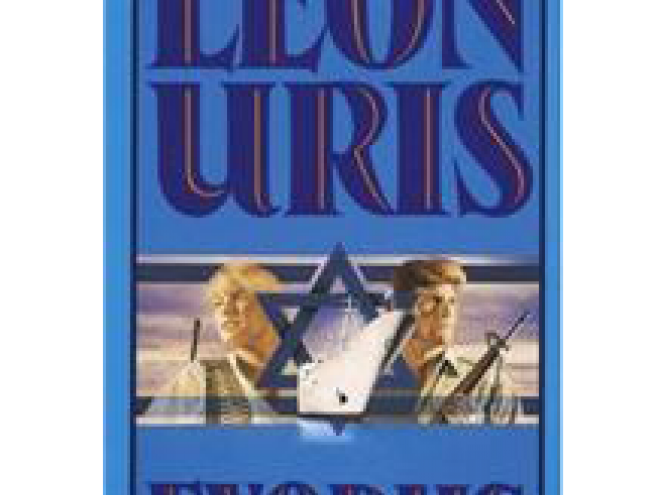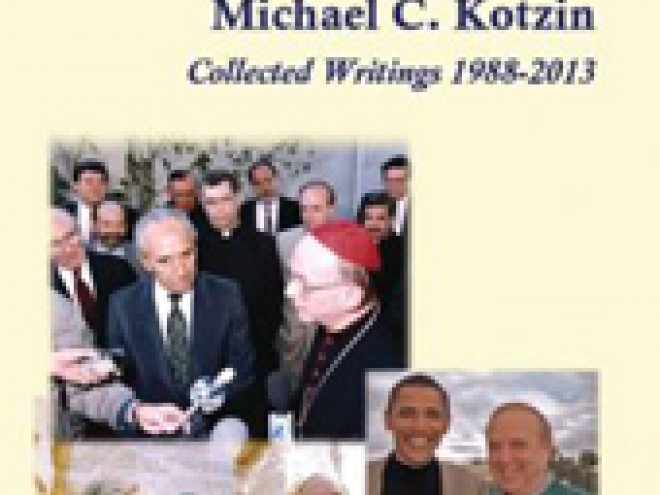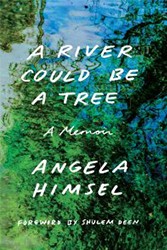Over the 25 years covered by this book, Michael Kotzkin served in key positions with the Jewish Federation of Metropolitan Chicago and thus found himself both literally and figuratively at the center of American-Jewish life. This volume is a collection of essays, speeches, letters, and other writings from that period which, in his Preface, Yossi Klein Halevi characterizes as “dispatches from the front line in the war for Jewish legitimacy.”
Kotzkin covers a vast range of issues and shares many fascinating experiences. Rather than presenting these episodes in chronological order, he has divided his memoir into eight sections, each devoted to a separate topic. After a brief introduction in which he shares some of his personal background, Kotzkin describes several of his visits to “the Old World,” where Jewish life once flourished. Many of these visits were of an official nature and his descriptions reflect this. The most touching essay, however, describes a family visit to Odessa and recalls life in that formerly very Jewish city with warmth, sensitivity, and deeply personal references.
The next two sections are devoted to “The Terrorist Threat at Home and Abroad” and “Anti-Semitism Old and New: From Farrakhan to Delegitimization.” Here Kotzkin makes the point that “Jewish vulnerability seems increasingly hard to come by”; instead, public opinion tends to portray Israelis “more as victimizers than as victims.” He worries about the growing presence of anti-Semitism on college campuses but sees the greatest threat to the American Jewish community as coming “not from anti-semitism but from the assimilation made easier by our being more widely accepted.” His response to these problems is to better defend Israel and the Jewish community in the media as well as increase — and improve — Jewish studies programs in colleges and elsewhere.
As a Chicagoan, Kotzkin is especially conscious of Louis Farrakhan and the Nation of Islam, and he describes the growing alienation between the Jewish and African-American communities and, by extension, between Jewish and Protestant organizations. On the other hand, he welcomes the increasingly close ties which have developed between the Roman Catholic Church and its institutions and extensively praises Joseph Cardinal Bernadin, with whom he has established a warm personal relationship and whom he accompanied on a pilgrimage to Israel.
The penultimate section of the book is devoted to “Framing the Communal Agenda and Advancing Jewish Peoplehood,” while the final section contains essays reflecting on the influence of literature, film and drama and such influential figures as Roth, Bellow, and others.
In his Postscript, Kotzkin asks “Where to now?” Sadly, his vision of the future of the American-Jewish community is problematic, particularly regarding Israel; he believes that “the sense of a unified community is breaking down,” especially among the younger generation.
Related Content:
- A Chicago Reading List: Stories from the Windy City
- Francesca Segal: Dating and Doctors
- Sundays at Sinai: A Jewish Congregation in Chicago by Tobias Brinkmann
Read Michael C. Kotzin’s Visiting Scribe Posts
Radical Islamism’s War Against the Jews: Who Cares? (Part 1)
Radical Islamism’s War Against the Jews: Who Cares? (Part 2)





